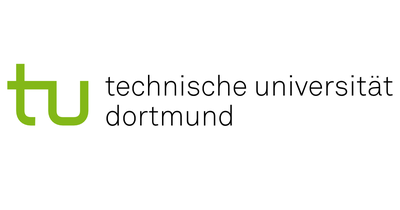AMSel – ADHS-Meta-Analysis on the Effectiveness of Self-Regulation Interventions
In AMSel we are conducting a meta-analysis on previous studies on the effectiveness of SR training for the emotional and academic well-being of students with ADHD.
ADHS has been associated with reduced emotional and academic well-being. As a neurodevelopmental disorder that is related to deficits in executive functions, evidence shows that students with ADHD can benefit from self-regulation (SR) training. The project aims at investigating which self-regulatoin strategies are most effective for learners with ADHS, and which type of interventions have largest effects on learning outcomes. To this end we analyse international training studies that evaluate an intervention for either learners with ADHS or their parents or teachers to foster self-regulation of learners with ADHD. A literature search in psychological and medical data bases yielded 15,421 hits. The studies that met the eligibitily criteria are currently systematically coded. The results will provide implications for future intervention research.
In this project, we investigate which self-regulation strategies are most effective for learners with ADHD and which types of interventions have the greatest impact on training success. To this end, we analyse international training studies that evaluate an intervention to promote learners' self-regulation, either for learners with ADHD or for their parents or teachers.
Status: Current projectArea of Focus Differential Educational Conditions and Educational Trajectories Department: Teacher and Teaching Quality Education Sectors: Primary and Secondary Education, Science Duration: 08/2019 – 12/2024Funding: External funding
